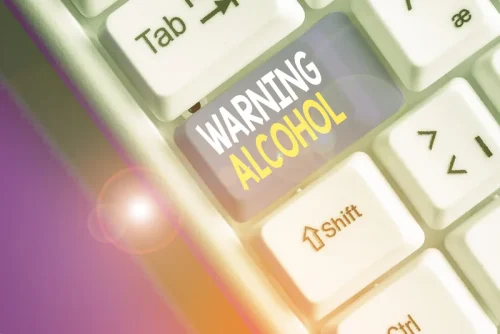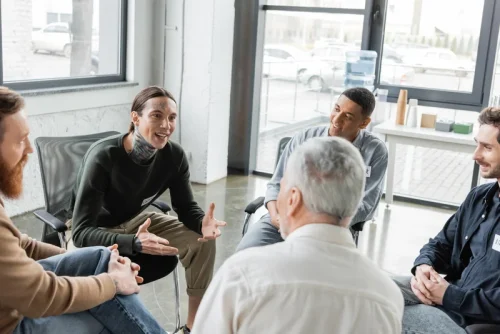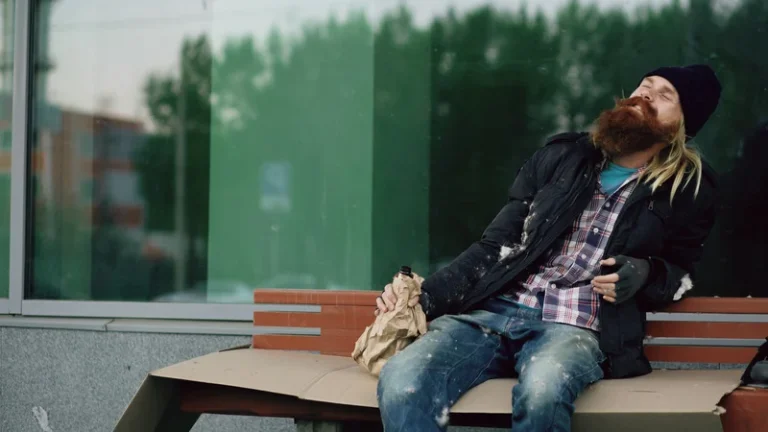
This support becomes even more important in early recovery when people are struggling to get used to life without using alcohol and other drugs. At this time, developing relationships that provide mutual support and connection is essential. Twelve-step programs and other mutual-aid resources help serve this vital purpose. When you’re contemplating this step, it’s important to put feelings of shame, regret, intimidation, and pride aside – it’s a step we all need to take regardless of our substance of choice. To put it simply, you are not alone; throughout my recovery journey, I’ve made my fair share of mistakes that affected my personal relationships.
Dangers of Heroin Overdose
People struggling with addiction spend a lot of money on drugs, and the costs can add up quickly. On top of the drugs themselves, people may spend money on things like equipment for drug use, transportation to get drugs, or legal fees if they get into trouble because of their addiction. It largely depends on family romantic relationships in recovery structure, coping mechanisms, and how everyone adapts to the substance abuse. It’s important to express remorse not just for the harm caused but for betraying the trust and bond you shared. Your apology should be specific, acknowledging particular instances of hurt and expressing your commitment to making amends.
Maintain sobriety

If they seek help, step 12 fully applies and you have a great opportunity to be of service. Guiding others through the program helps us be of service to other alcoholics and to build up our sober community. With our experience, we can help take other addicts/alcoholics through these steps and be of service.

How to Rebuild Relationships After Addiction
They recognize that their relationships are now different than they used to be and want things to return to how they were before, but that’s not how change works. As recovery progresses, many people start building new relationships, as well as deepening and improving their existing relationships. Peer support groups, rehab alumni programs, and clubs all provide https://ecosoberhouse.com/article/alcohol-and-headaches-why-does-alcohol-cause-migraines/ opportunities for meeting healthy sober connections. Sharing your experiences, challenges, and successes in recovery can promote more understanding with loved ones and lead to a more supportive environment. Effective communication also involves listening to the concerns and feelings of family members, ensuring a supportive and empathetic dialogue.
- While some relationships are based on circumstances over which you have little or no control, you do have choices in establishing relationships that provide support and nurture you.
- Not every relationship in your life can or even should be salvaged after addiction.
- This change can create an environment where both individuals in recovery and their loved ones are committed to supporting each other’s well-being.
- Relationships can be a source of support, or they can be stressors that threaten sobriety.
Relationships also benefit from healthy communication skills, validation, boundaries, and honesty—all of which are important for addiction recovery. We have treatment programs that include a medication-assisted detox, residential treatment, and several intensive outpatient programs. Because family relationships are so important, and typically seriously harmed by addiction, we also have a family therapy program. Our licensed therapists and addiction specialists will create a treatment plan specifically for you. Research has shown that support systems make a big difference in successful recovery from addiction. Loved ones represent positive peer pressure and inspiration to leave substance abuse behind.
Individualized Treatment

A big part of the healing process is the acceptance that life hasn’t stopped for you. It can be overwhelming to see how much those around you have changed or grown without you being physically and emotionally present for this change. Be understanding that this is going to be a challenge for you to not only learn about them all over again but also be able to catch up to them in their life.
Acknowledging the role they play in your recovery journey can make them feel valued and appreciated. Our comprehensive treatment options offer diverse pathways to break free from drug use disorder. Through personalized therapy sessions and expert medication management, we guide you toward recovery, addressing every aspect of your journey. To make matters worse, addiction often interferes with your ability to make and save money. You may struggle to keep up with work or lose your job altogether; if you’re dependent on a family member, they may cut you off in an attempt to force you to quit.
- Many people in this situation continuously put the addict’s needs above their own, often to the detriment of their emotional and physical well-being.
- Navigating relationships while in recovery can be challenging, but you can rebuild trust and repair bonds.
- This may involve financial reimbursement, completing obligations, or other forms of reparative actions as determined by the specific situation.
- Set up goals or a plan together to be more engaged and active together.
- When these bonds are built on empathy, understanding, and mutual respect, they can be incredibly powerful in preventing relapses.
Living with someone with a substance use disorder
A Guide to Maintaining Relationships in Addiction Recovery
- Just as a garden thrives with tender care, rebuilding relationships damaged by addiction requires a similar nurturing touch.
- Relationships are among a long list of things we ruin when we’re in the midst of our addictions.
- Boundaries help manage expectations and ensure that your needs and the needs of your loved ones are met.
- The path to sobriety often reveals the impact of drugs and alcohol on loved ones and highlights the need for rebuilding trust, forging new connections, and fixing unhealthy relationships.
- Rebuilding trust is very much a part of the recovery process, especially if a person with substance use disorders violated another person’s trust at some point in the past.